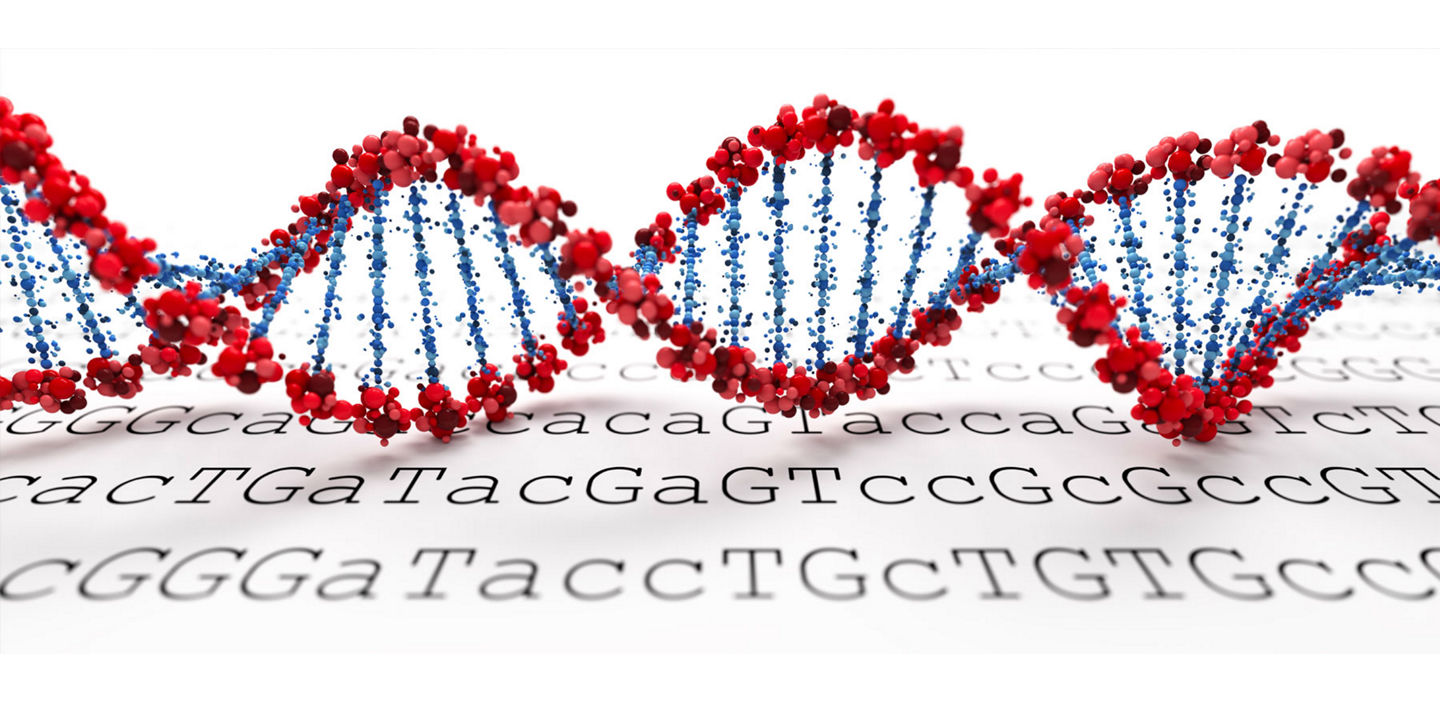Cancer is a disease of the genome, and is no longer seen as just one homogenous disease, but a collection of hundreds of diseases, each driven by unique genomic characteristics.1 Mutation classes include single nucleotide variants (SNVs), copy number alterations (CNAs), rearrangements and insertions and deletions (indels), and a single tumor could have multiple types of mutations in more than one gene.
Certain mutations are actionable and can be targeted by therapeutic intervention. Additionally, some mutations are driver mutations, occurring in tumor suppressor genes or oncogenes and contribute to cancer progression. Others are passenger mutations, which are acquired during the evolution of cancer but do not contribute toward disease progression.
Several molecular testing strategies have been developed to detect these genetic alterations.

